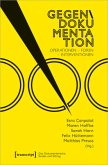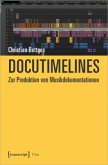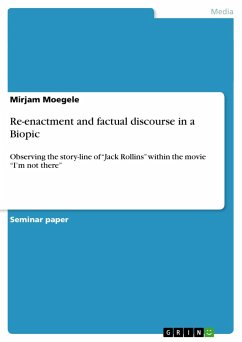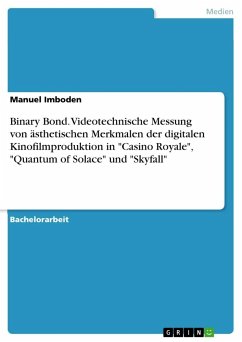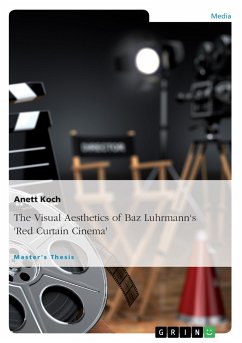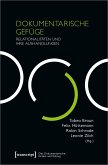Seminar paper from the year 2016 in the subject Communications - Movies and Television, grade: 1.0, University of Mannheim (MKW), language: English, abstract: The documentary genre has recently gone through challenging times as the 21st century and its culture are characterised as both postmodern and "post-documentary". This means that an attitude towards knowledge has evolved that rejects modernity's belief in universal truth and its privileging of techno-scientific modes of discovery - such as documentary film. As a result viewers treat grand narratives about political ideology in media with suspicion. Consequently, questions arise around how political documentaries are able to voice social critique and bring about change in this new context without getting accused of outright manipulation? In order to answer these questions, this work analyses Joshua Oppenheimer's The Act of Killing (2012) and The Look of Silence (2014) about the 1965 killings in Indonesia. Oppenheimer employsan innovative approach as never before have mass murderers been recorded in the making of a film about their crimes (TAoK), nor has there ever been a film where a victim confronts the perpetrators while the perpetrators are still in power (TLoS). This work looks at the potential for feelings of closeness with the perpetrators and victims resulting from the complementary film documents. The findings show that Oppenheimer avoids ideological claims by inviting viewers to immerse themselves in the lives of the protagonists. Viewers shall draw individual conclusions that are stimulated by a heightened perceptual experience of the filmic world.
Hinweis: Dieser Artikel kann nur an eine deutsche Lieferadresse ausgeliefert werden.
Hinweis: Dieser Artikel kann nur an eine deutsche Lieferadresse ausgeliefert werden.



